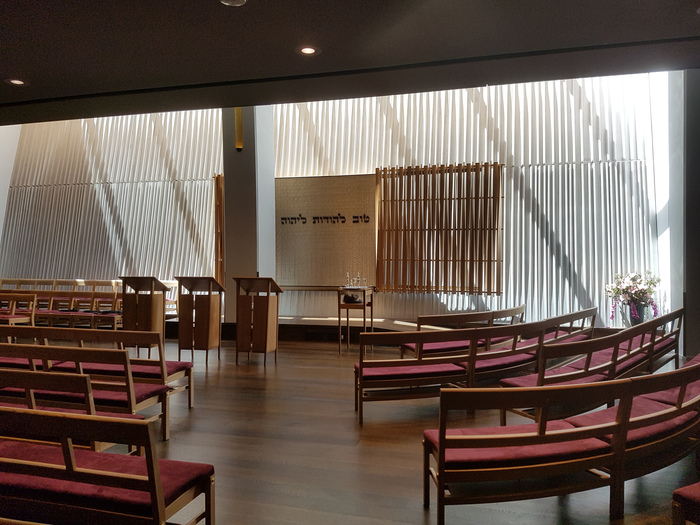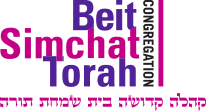
World AIDS Day and the Role of the Righteous
by Rabbi Mike Moskowitz and Jesse Katz, with thanks and inspiration to Charles King, CEO of Housing Works and Rabbi Marisa Elana James, Director of Social Justice Programming at Congregation Beit Simchat Torah
This week’s Torah portion starts with: Gen 37:1
וישב יעקב בארץ מגורי אביו בארץ כנען
Now Jacob was settled in the land where his father had sojourned, the land of Canaan.
Rashi explains:
וישב AND IT WAS SETTLED — Jacob wished to live at ease, but trouble with Joseph suddenly came upon him. When the righteous wish to live at ease, the Holy One says to them: “Are not the righteous satisfied with what is stored up for them in the world to come that they wish to live at ease in this world too!” (Genesis Rabbah 84:3)
It is our desire to want to detach from the struggle, that itself generates it. Jacob felt like he had made it and just wanted a break from the struggle. It is intentionally at that moment that Joseph is sold. It feels like we are at a similar place around AIDS. As there have been significant medical advances in recent years, a narrative of progress has developed in the mainstream, and as the perceived urgency is diminished, marginalized communities locally and internationally remain affected. It is our underlining complacency that got us to this place; we haven’t really fixed the problem at all. It is time to raise up the struggle for equality as the role of the righteous.
“And I think that for me it’s never been just about fighting the AIDS epidemic. To me it’s always been about the drivers that have been behind the AIDS epidemic because I’m quite sure that in my lifetime not only will we end AIDS as an epidemic but we will also find a cure. But if we don’t at the same time find a cure for racism, for homophobia, for transphobia, for stigma that’s put on people who use drugs, if we don’t find cures to address those things, the fact of the matter is there’s always another virus out there lurking to take advantage of our inhumanity.” – Charles King, CEO of Housing Works
One of the deepest lessons the AIDS epidemic teaches, and the importance of learning the history, is that the devastation is not just a result of the anatomy of the virus itself, but the ways in which communities are marginalized. The virus had allies in every individual who refused to recognize the inhumanity of their ambivalence, or inaction. History also demonstrates that it is always the communities most vulnerable that are hit hardest, communities that are not protected by the privilege of the majority. Mainstream reaction is slow, uncommitted, and often unproductive when catastrophe hits our marginalized communities. In these moments, we see the detriment of our passivity. To not reach out and help, is to deny one’s own humanity.
With the onset of the digital age, we are inundated with information that can leave us numb and despondent. It is so important to not despair, and remain engaged, and as we make our mental calculations about what we actually have the emotional bandwidth for, it is important to remember that love has no maximum capacity, that you can never run out of ‘thank you’s,’ ‘I’m sorry’s,’ or ‘I love you’s.’ There is a false notion that less love, less engagement, less opening up of yourself to vulnerability will somehow protect you, when in actuality that exposure is what opens yourself up to be blessed and to heal.
This World AIDS Day we remember those we have lost, and in doing so we also remind ourselves of the holiness and the radical strength of love. That we are more ourselves when we connect with each other and that ultimately we draw strength from each other, opening ourselves up for healing together.
Rabbi Mike Moskowitz is the Scholar-in-Residence for Trans and Queer Jewish Studies at Congregation Beit Simchat Torah.
As part of our #TalkToMeAboutHIV project and in preparation for #WorldAIDSDay2018, Rabbi Mike Moskowitz shows how getting tested for HIV and knowing your status is part of spiritual health. Many thanks to Callen-Lorde Community Health Center and Dr. Asa Radix for providing testing!
You can get tested on-site at CBST Friday, November 30, from 4:30pm to 6:30pm. Testing (provided by GMHC) is free, confidential, and open to everyone, with no registration require
